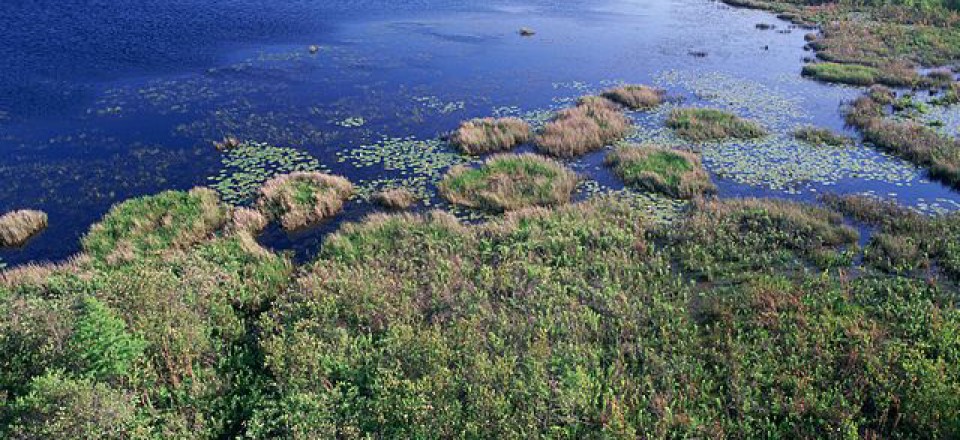“Integrated water management is a wicked public policy problem with no clear path to resolution. This dissertation is an in-depth qualitative comparative analysis of two collaborative governance processes created to tackle complex water problems in New Zealand and Oregon, U.S.A. Both cases convened a wide range of state and non-state actors in efforts to find common ground, build consensus for change, and develop innovative water policy solutions. The goal of this comparative case study analysis is to gain a better understanding of collaborative network governance frameworks as applied to integrated water management and primary factors for success. The proposition posits that collaborative networks involving public, private, and non-profit actors are better equipped than government-driven efforts to develop desired outcomes. To test this proposition, the research questions probe the role of state and non-state policy actors, conditions for collaboration, strength of actor ties, development of trust and social capital, barriers to success, and the role of climate change as a policy driver in these two case studies.”







